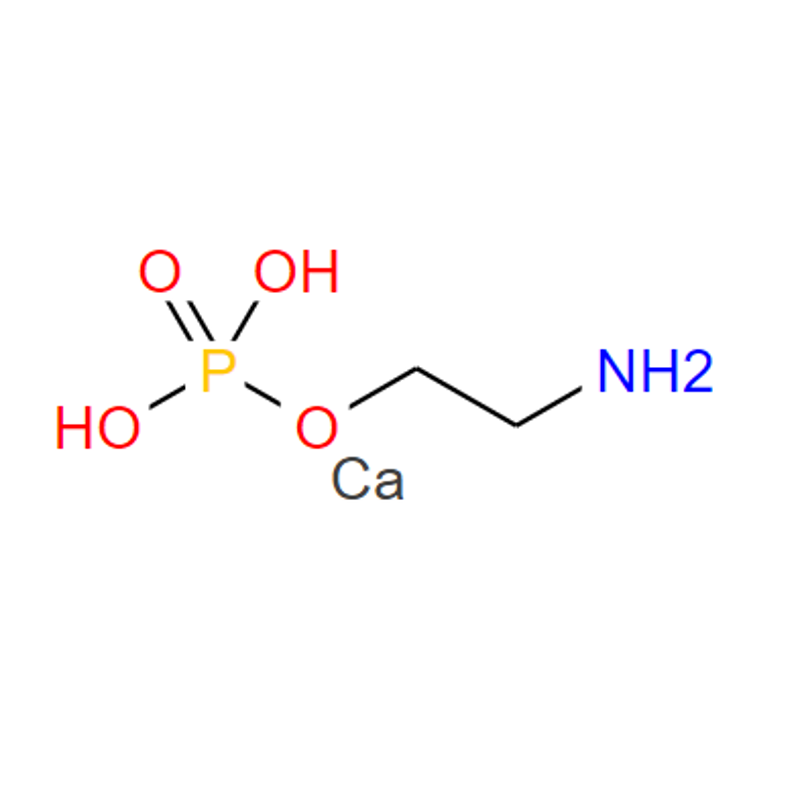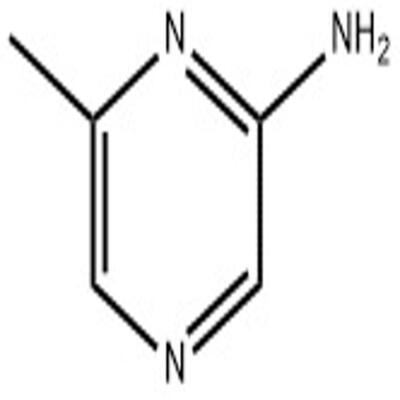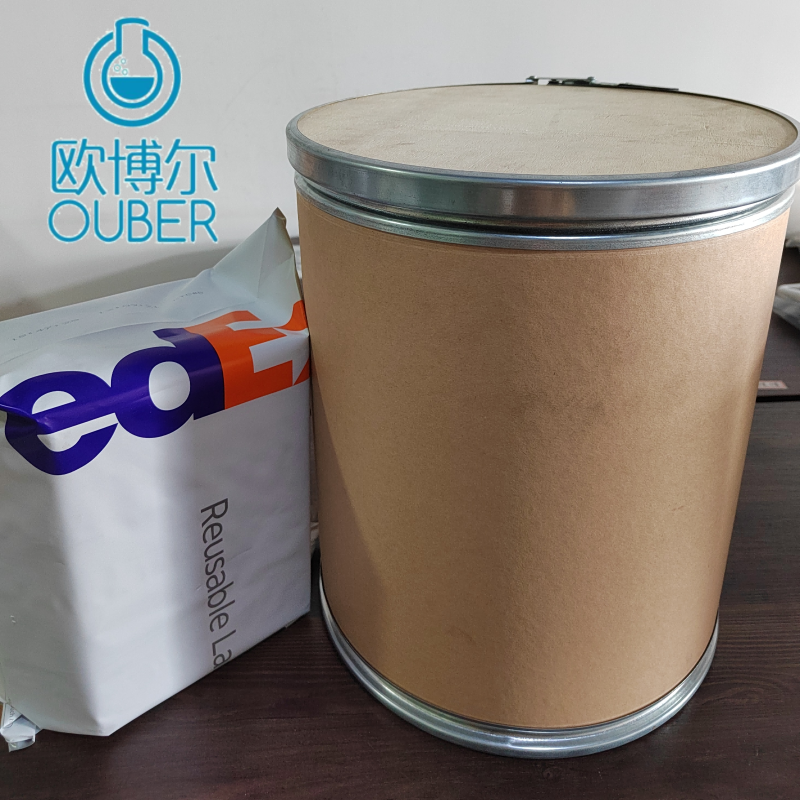-
Categories
-
Pharmaceutical Intermediates
-
Active Pharmaceutical Ingredients
-
Food Additives
- Industrial Coatings
- Agrochemicals
- Dyes and Pigments
- Surfactant
- Flavors and Fragrances
- Chemical Reagents
- Catalyst and Auxiliary
- Natural Products
- Inorganic Chemistry
-
Organic Chemistry
-
Biochemical Engineering
- Analytical Chemistry
-
Cosmetic Ingredient
- Water Treatment Chemical
-
Pharmaceutical Intermediates
Promotion
ECHEMI Mall
Wholesale
Weekly Price
Exhibition
News
-
Trade Service
The pharmaceutical giants' former foray into the alzheimer's field is undoubtedly a big unsoponsed market demand, new drug research and development is not easy, and obviously there is a huge investment risk in front of the huge cake.
On January 30, Green Valley Pharmaceuticals issued a solemn statement giving a statement that, in his recent article from the media public number "Review Science", Mr. Rao Yi had developed a new drug for the treatment of Alzheimer's disease, Phase 9 I (Ganlut sodium, codenamed: GV-971) made unfounded statements, including that "the so-called GV-971 for the treatment of Alzheimer's disease is considered by many to be a counterfeit drug" and that "without rigorous investigation, the possibility of GV-971 becoming the largest fraud in China in the twenty-first century cannot be ruled out".
source: Green Valley Pharmaceuticals, the official website of Green Valley Pharmaceuticals, said it demanded that Mr. Rao Yi and the relevant media immediately stop the damage to his reputation and remove false statements.
, Professor Rao Yi, a "hard-nosed" professor, has not deleted the article, and on January 30th he published "Being a Man of His Own Respect" in the media in response to the controversy.
Green Valley Pharmaceuticals 9 issue 1 once again stand on the "wind and waves" it is understood that Professor Rao Yi's above-mentioned remarks from his January 24 from the media "discussing science" on the "tree want to be quiet and windy more than: advise Yangang students Ling Wei not to help."
incident originated from Professor Rao Yi's report of alleged academic misconduct in Lin-Yu(1999) paper.
's response involved the old "questioning the efficacy of Green Valley Pharmaceuticals 971".
Source: "The tree wants to be quiet and windy" "Tree wants to be quiet and windy: advise Yangang's students Ling Wei not to help" a screenshot of the 971 again involved in the storm, its introduction shows that the Department of the Chinese Academy of Sciences, Shanghai Institute of Drugs, Geng Meiyu researcher leadership research team adhere to 22 years, in China Ocean University, the Shanghai Institute of Pharmaceutical Research of the Chinese Academy of Sciences and Shanghai Green Valley Pharmaceutical Co., Ltd. continued efforts to develop successful original innovative drugs.
November 2, 2019, Phase 9 ® was launched on Chinese mainland through a priority review approval process for mild to moderate Alzheimer's disease to improve patient cognitive function.
Alzhame disease ("AD"), commonly known as Alzheimer's disease, is a disease characterized by memory impairment, aperitoness, loss of recognition, impaired visual skills, executive dysfunction, and general dementia such as personality and behavioral changes.
drugs are the main treatments, such as medications and noobials for the control of psychiatric symptoms associated with the treatment of symptoms or drugs to improve cognitive function.
controversial treatment, Phase 1, is a low-molecular acidic oligosaccharide compound made from marine brown algae extract.
Its mechanism of action studies show that Phase 9 I improves cognitive dysfunction by reshaping the balance of the intestinal bacteripora, inhibiting abnormal increases in specific metabolites in the intestinal bacterium, reducing inflammation of the outer and central regions, and reducing β amyloid deposition and excessive phosphorylation of the Tau protein.
controversy has not been broken since 971 went public.
November 28, 2019, Rao Yi, in a letter to the National Natural Fund of China, reported Geng Meiyu's fraud under his real name, saying it was "impossible not to fake" the study.
This is mainly based on September 6, 2019, the Chinese Academy of Sciences Shanghai Pharmaceutical Institute Geng Meiyu team of a paper on the cover of Cell Research, introduced the principle of GV-971, in a word summarized as the treatment of Alzheimer's disease by rebuilding the gut bacteriosta.
July 6, 2020, Professor Rao Yi again published a brief commentary on Cell Research questioning the "citation questions" of Geng Meiyu's team paper and the "utility questions" of GV-971, the code used in the early studies of The Nine Issues I.
also expressed potential concerns about the credibility of the study, saying he had never encountered a drug with so many targets to treat or alleviate a disease.
, on January 21, 2021, the Ministry of Science and Technology issued a "Notice on the Handling of Suspected Counterfeiting Investigations of Papers", in which the investigation of Geng Meiyu's research papers concluded that no fraud was found, but there was misuse of pictures.
, however, the dispute between Green Valley Pharmaceuticals 971 and Professor Rao did not stop there.
this time in response to Professor Gong's students, Professor Rao once again referred to 971 suspected of research fraud, and has been passive Green Valley Pharmaceuticals also took the initiative to issue a solemn statement ... At least 50 million people with Alzheimer's disease worldwide are currently on the market, and are expected to reach about 150 million by 2050, according to statistics being conducted in phase III.
, we have the largest number of people with Alzheimer's disease in the country, about 10 million.
with the aging of the population, it is expected that by 2050 china will have 40 million patients.
huge demand for new drugs is the great concern and desire of patients and their families for new drugs on the market.
market, the nine-stage single-box drug (150mg14 3-plate) was priced at 895 yuan, the cost of a single month was 3580 yuan (28 days), the annual cost of medication is about 40,000 yuan.
media reported that only 10 days after the listing of the "971" in some professional pharmacies sold out.
23 days after the drug went on sale, sales of the drug reached 179 million.
the launch, Green Valley Pharmaceuticals' chairman also pointed out that in the future 971 has access to national health insurance, national health insurance and patient payments.
a new version of the health-care directory released last year, the much-watched 971 was not available.
reasons for not entering, Sina Pharma learned that the main reason is that its decline fell less than the Health Insurance Bureau expected.
industry had predicted a decline of no more than 20 per cent.
about the "dispute" between Green Valley Pharmaceuticals 971 and Professor Rao Yi.
would not comment here.
believe that in the future, with the development of science and technology, medical technology progress, AD pathogen mechanism will become more and more clear, we pay attention to and look forward to AD drug research and development ushered in breakthrough progress.
in its scepticism, Green Valley Pharmaceuticals also launched a $3 billion plan in early 2020 to support real-world research after Phase 9, "Green Memory" in International Multi-Center Phase 3 clinical studies, and expanded adaptation research and mechanism in-depth research.
, Green Valley said it would complete an international multi-center clinical trial by 2024 and aim to complete a global registration of new drugs by 2025.
based on the results of the domestic Phase III registered clinical study, GV-971 has been approved by the FDA and European EMA clinical research to enter the International Multi-Center Phase III. Phase III clinical trial.
, however, for this international Phase III clinical trial, some in the industry say that if successful, it would be good to benefit more patients.
risk of developing a drug that could trigger a "de-market" risk if the trial fails or is likely to involve a domestic one.
this has to be a cause for concern.
AD drug research and development "sink sand" multinational pharmaceutical giants, it is understood that the previous global use of clinical treatment of AD drugs only 5, and clinical benefits are not obvious.
, Europe and the United States and other recommended AD treatment of the first-line drugs only include 4, respectively, acetylcholinesterase inhibitors Donai pyridosin, kabaratin and garantamine, as well as hydrochloric acid methionine.
, which was listed in the U.S. in 2003 and in China in 2006.
the advent of 971 broke the 17-year deadlock in the field of unlisted new drugs.
industry is not overly concerned about the follow-up to 971.
The world's pharmaceutical giants, including Lilly, AstraZeneta, Johnson and Johnson, Pfizer, Roche and others, have invested billions of dollars in a number of single-drug failures in Phase III clinical failures in this area.
statistics, between 1998 and 2017, 146 alzheimer's drug clinical research and development centers worldwide failed, 40 percent died in the early clinical stage, 39 percent failed in the medium term, and 18 percent failed in the later stages.
, the clinical failure rate of AD drugs was as high as 97%.
AD drug research and development has failed so far in 2018.
in early January 2018, Pfizer announced that it would stop research and development of its AD drug and lay off staff; Takeda Pharmaceuticals announced the failure of a Phase III clinical trial of Alzheimer's disease of pyridoxine; and Lilly officially released Solanezumab (Sorajuta) A Phase III trial to treat AD failed data, and the results showed that solanezumab did not significantly delay cognitive decline in AD patients;
January 2019, Roche announced the clinical failure of Crenezumab III. It is worth noting, however, that after a tortuous Aducanumab filing for the listing in 2020, Mr. Yan's forecast is that it is expected to be approved by the FDA on March 7, 2021.
the drug, a human monoclonal antibody that binds to β amyloid protein, has also been highly expected in the industry.
it can selectively bind to amyloid deposits in the brains of AD patients and then clear the deposition proteins out of the brain by activating the immune system.
For AD drug research and development failure rate is so high, professionals pointed out that mainly because AD's exact pathological mechanism is not yet clear, the current drug research and development is mostly based on β amyloid protein precipitation, Tau protein excessive phosphate, neuroimmune, neurotransiction and other hypothreasure, so a large number of research failure is not accidental.
the pathological mechanism is unknown, which is why the industry is questioning the 971 by affecting the gut bacteriospecies and thus the AD process.
pharmaceutical giants have followed suit into the field, no doubt also in view of its unsoponsed huge market demand, new drug research and development is not easy, obviously huge cake in front of a huge investment risk.







